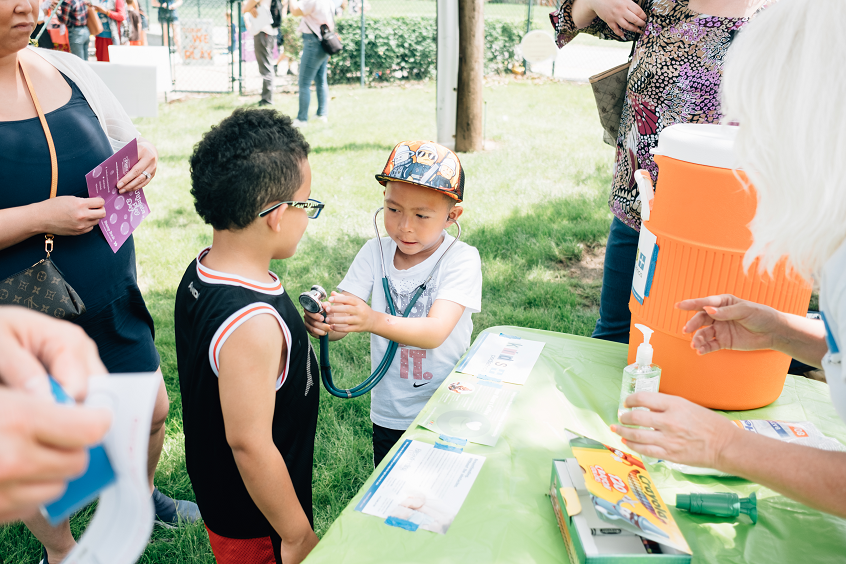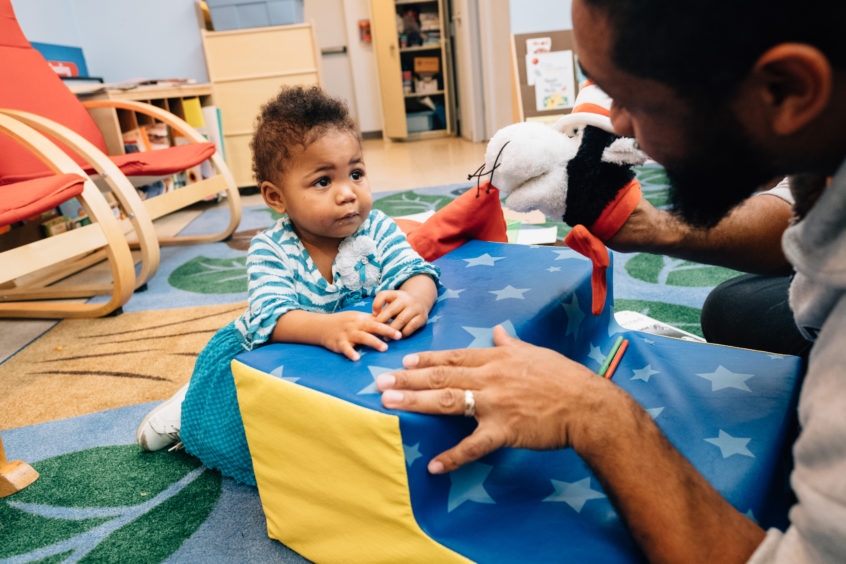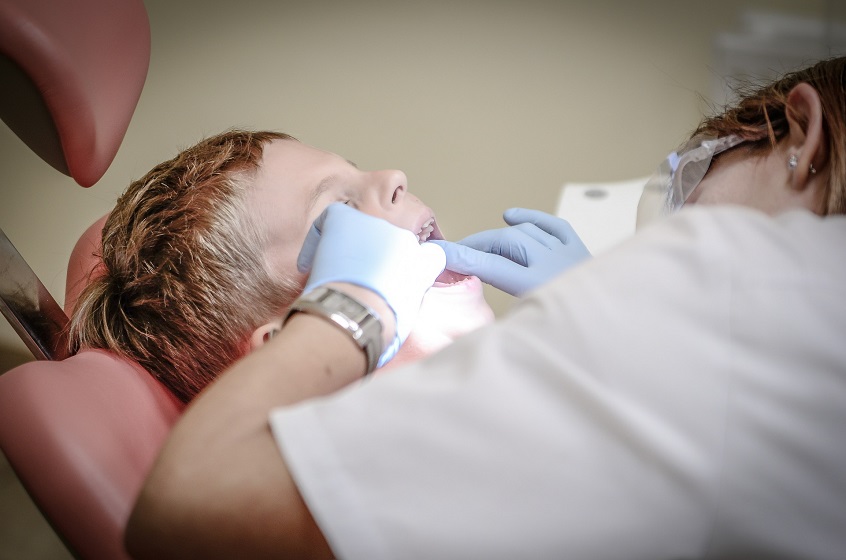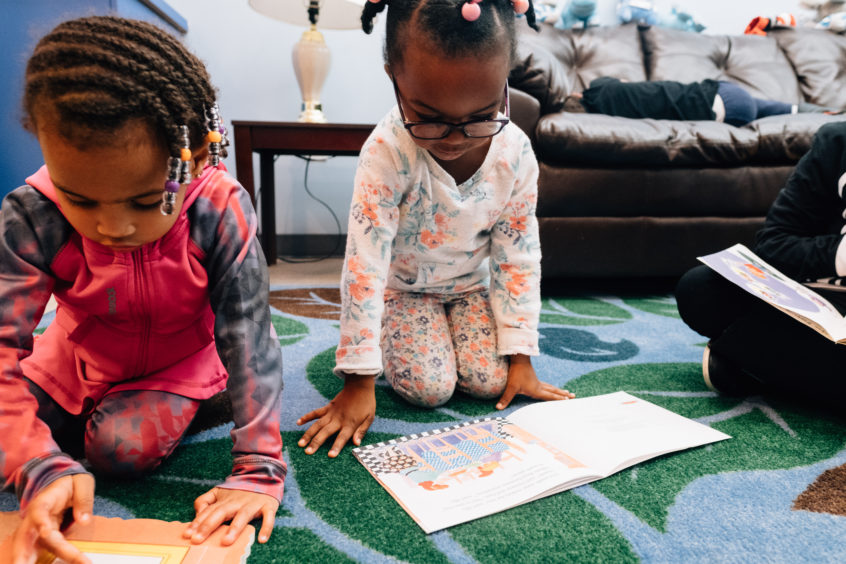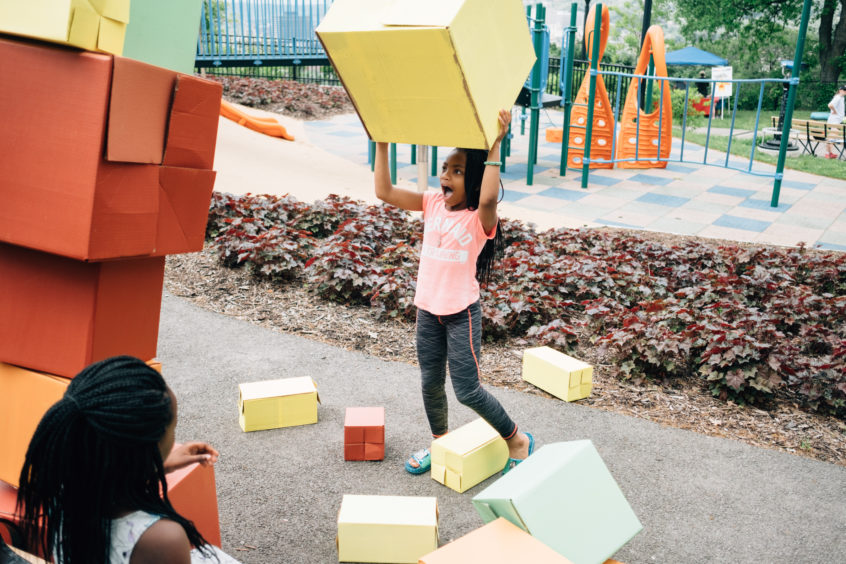A recent study published in the Proceedings of the National Academy of Sciences concludes that shared eye contact increases information coupling between infant and adult brains.
About
Communication is a fundamental part of life, especially when considering the early learning and development of a newborn child. In conversation, we use different types of social signals, both verbal and non-verbal, to share meaning with others. These signals can include things such as mimicking facial expressions, vocal tone, and eye contact. However, a recent study concluded that eye contact in specific can be a powerful tool to increase information coupling between infants and adults.
Information Coupling
In the study, researchers state that “previous research indicates that when communication is successful, close temporal dependencies arise between adult speakers’ and listeners’ neural activity.” Through these dependencies, an individual that’s communicating with another person can have varying levels of influence on the other person’s neural activity. In short, this coupling acts as a form of “social connectedness,” where the actions, reactions, and expressions of a person impacts how another person’s brain responds.
For adults interacting with young children, using social signals such as direct eye contact can bring the child and adult’s “brains into temporal alignment, creating a joint-networked state that is structured to facilitate information sharing during early communication and learning.” Temporal alignment between adults and infants is important, as it “plays a vital role in supporting early learning across multiple domains of language, cognition, and socioemotional development.”
Infants spend a lot of time looking at the faces of others, interpreting the way their facial features move, where their eyes shift to, and how their voices sound. And as they rely on these social cues to interpret meaning in their daily life, direct gaze is thought to be one of the most important cues for individuals and infants to infer communicative intent. Babies prefer to look at the face people who are looking right at them, with direct gaze even reinforcing the social responses that babies produce and their ability to recognize face-related information.
Conclusion
In conclusion, adults working or living with infants should consider using direct eye contact frequently with their child. Whether an adult is playing with, reading with, bathing, or even singing a nursery rhyme to a child, shared eye contact can act to build strong communication and information sharing between the two.
To learn more about the importance of speaker gaze, read the full report.
Article Citation
Leong, Victoria, et al. “Speaker Gaze Increases Information Coupling between Infant and Adult Brains.” PNAS, National Academy of Sciences, 12 Dec. 2017, www.pnas.org/content/114/50/13290.

